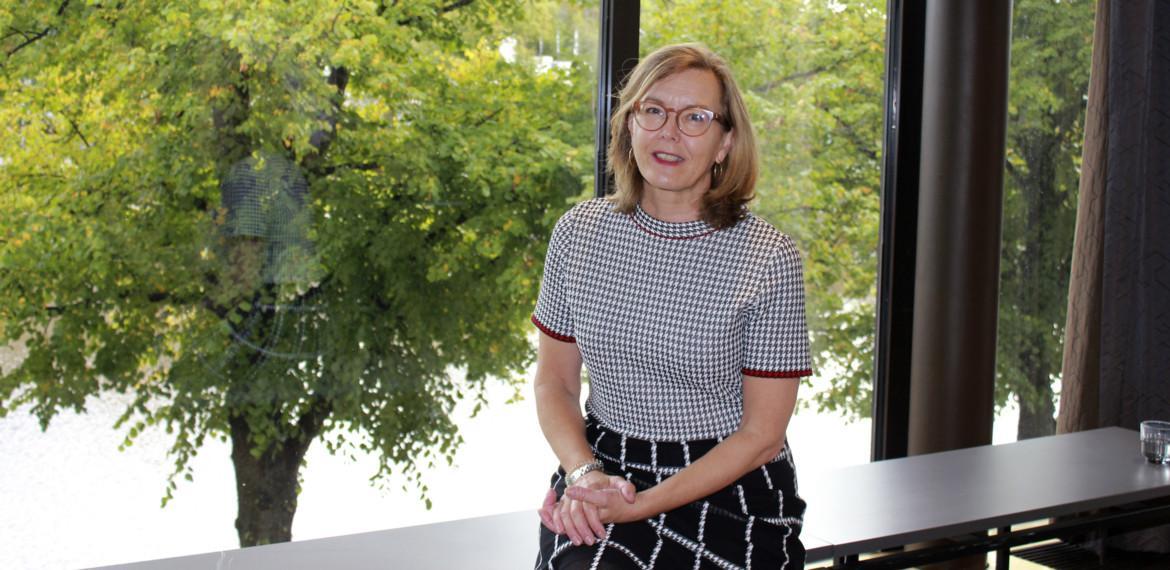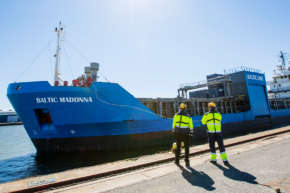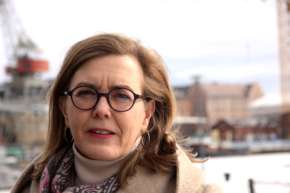Finnish ports are faced with new challenges

My twelve years as a lobbyist for Finnish ports will soon be over. I started as the CEO of the Finnish Ports Association in 2012, and now in February, I am gradually retiring from the post of the CEO of the Finnish Ports Association.
Incorporation opened up new opportunities for ports
Looking back, the years have passed quickly. Many significant changes from the point of view of ports have taken place, the most important of them being the incorporation of ports. The factor underlying the incorporation was the competition regulations set by the EU according to which municipal public utility companies owned by municipalities that competed with companies on the market had to be incorporated by 2015. As a result of the reform, Finland now has the most liberal port market in Europe where the ports can develop their business operations without limitations. Although the role and function of the ports remain, the industry is now free to make new proposals from their standpoints. Today, around ten years later, we can see that the ports approach the customer values in different ways. Some have joined the services market, while others have invested in the digital aspects of production and development, and so on. It has been great to see and experience this change.
Co-operation between ports was reorganised
The ports have also renewed how they look after their interests. The member structure of the Finnish Ports Association changed in 2015, as the cities transferred their membership in the Association directly to the ports. As the members comprise ports only, it is clear that the Association speaks with a single voice, and the lobbying is more efficient. The renewed Association also produced the new Finnish Ports Association in 2023 when the Association turned 100 years old. I am glad and proud of having been the first Nordic chairperson of the European Sea Ports Organisation ESPO which represents European ports. Six years as Vice Chair and the last two years as Chair offered an excellent opportunity to be among the big European ports to affect the legislation in the industry and look after Finland’s interests in various questions related to regulation.
Energy transition will not happen without ports
The biggest future question is the ongoing transition in the energy industry. The ports currently play an important role in imports and exports of fossil fuels as well as warehousing and distribution. In the same way, the ports can also act as energy hubs when new forms of energy become more common. The location of the ports by the sea makes them good partners e.g. for offshore wind farms as well as hydrogen and ammonia plants that need water for their production. However, the ports will probably not invest in new energy and motive power by themselves. Instead, the ports will promote the arrangement of areas required by the projects and invest in the infrastructure required by the production plants.
The development of ports serves society on the whole
The term of the EU Parliament and Commission nearing its end resulted in a lot of compelling legislation related to seafaring. Now it would be good to let the ports and other operators in the field take a breath so that the legislation could be put into practice smoothly.
As I believe in the market economy, I would like to see that instead of the current, excessively detailed regulation, more space would be allowed for self-regulation in the industry. When the ports are given more freedom to develop their business operations, they can better respond to the expectations of their customers and the community around them, also in the preparedness duties which are of key importance to the ports.
Annaleena Mäkilä
The writer acted as the CEO of the Finnish Ports Association from 2021–2024 and among the chairpersons of ESPO (European Sea Ports Organisation) from 2014–2022, of which the last two years as the Chair of the organisation.
Photo: Aija Kallio



